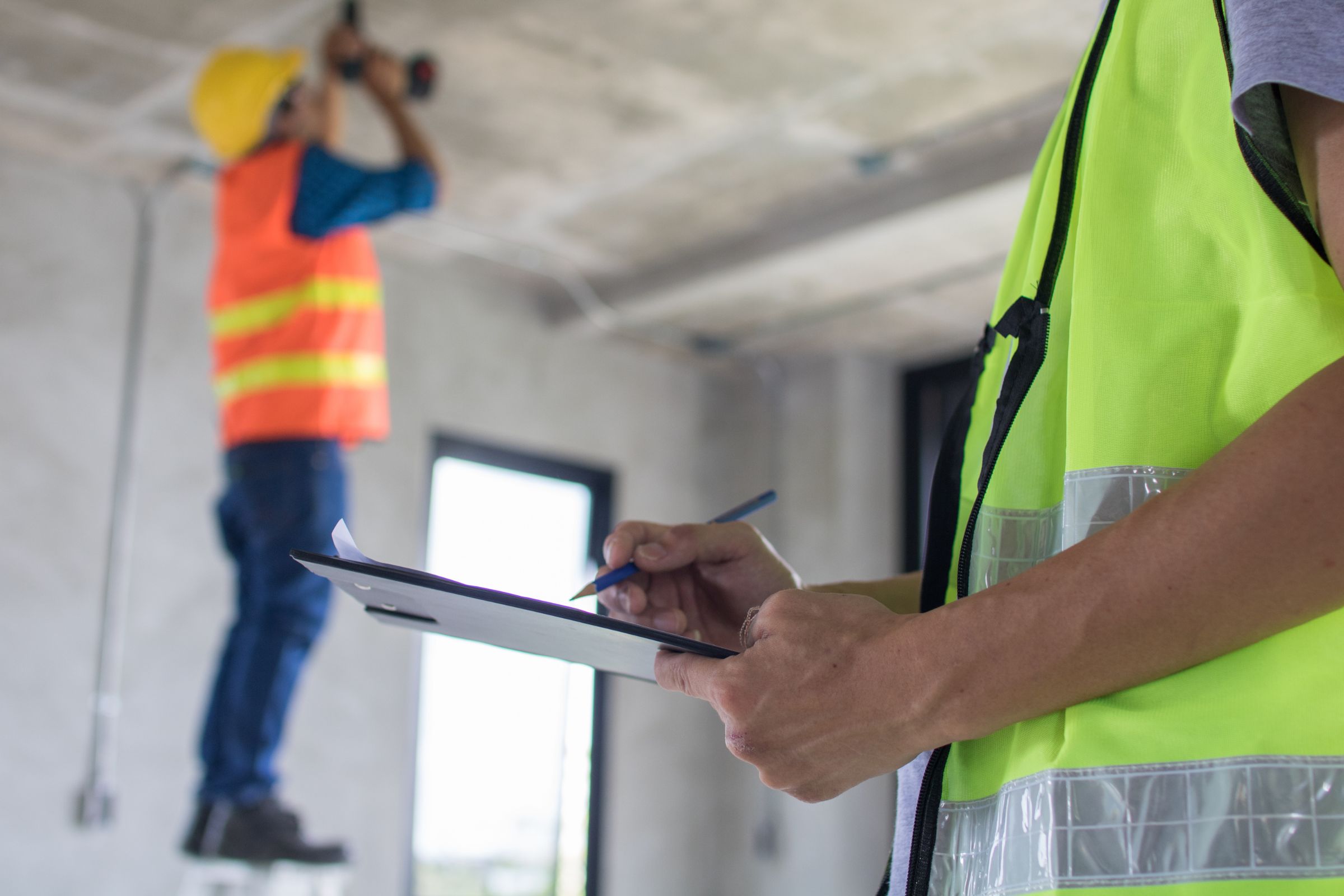Table of Contents
Related Articles
The Importance of AEDs and Why Every Workplace Should Have Them

Sudden cardiac arrest is one of the leading causes of death in the United States. According to the American Heart Association, over 350,000 people experience out-of-hospital cardiac arrests each year. When cardiac arrest strikes, quick action with an automated external defibrillator (AED) can mean the difference between life and death.
That’s why we’re thrilled that a recent recipient of an ISCC Health and Safety Grant used the funds to purchase new AEDs for their school campus. Having these life-saving devices readily available is crucial, as for every minute that passes without defibrillation, the chance of survival decreases by 7-10%.
What is an AED?
An AED is a portable electronic device that automatically diagnoses life-threatening cardiac arrhythmias and is able to treat them through defibrillation – applying electrical therapy to allow the heart to re-establish an effective rhythm. AEDs are designed to be simple to use by non-medical personnel through audio and visual commands.
Why AEDs Are Essential
Sudden cardiac arrest can happen to anyone at any time, regardless of age or physical condition. Many victims initially experience no chest pains or symptoms. That’s what makes having AEDs in the workplace so vital – they allow for immediate treatment in those first critical minutes before emergency responders arrive.
According to the American Heart Association, the chance of survival drops by 7-10% for every minute that passes without defibrillation during a sudden cardiac arrest. After just 10 minutes, few resuscitation attempts are successful. When an AED is used within the first 3-5 minutes, the chance of survival can triple or even quadruple.
The Importance of Training
While AEDs are designed to be easy to use, it’s also crucial that staff receive proper training on how to recognize the signs of sudden cardiac arrest, use the AED, and perform CPR. That’s why many companies pair AED purchases with certified training courses.
We applaud ISCC’s grant recipient for taking this important step to ensure the safety of students, staff, and visitors on their campus. Every workplace should make AED access and training a top priority when it comes to emergency preparedness. The life you save could be that of a coworker, customer, or even your own. Contact ISCC today to learn more about the proactive resources available to its members.





